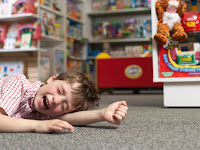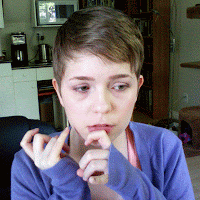Why Teens on the Autism Spectrum Can Suffer from Depression

“I’m concerned that my son is depressed (17 y.o.). Is this something that happens along with high functioning autism? If so, why? How can I know for sure if he is really struggling with depression? He has made some off-handed comments about wanting to kill himself. How seriously do I need to be taking these comments?” Depression seems to be common among teens and young adults with High-Functioning Autism (HFA) and Asperger’s (AS). Many of the same deficits that produce anxiety often unite to produce depression. The relationship between serotonin functioning and depression has been explored in detail in this population. There is good evidence that serotonin functions may be impaired in kids and teens on the autism spectrum, which suggests that depression is a common comorbid condition. In addition to impaired serotonin functioning, (a) deficits in social relationships and (b) poor coping-strategies that allow the teenager to compensate for disappointment and frustration ma



